Rugby World Cup Sevens: When will England take Sevens seriously and use it as the breeding ground it can be?
New Zealand, South Africa, Fiji and even Wales have managed to find a way where current and future internationals play Sevens, so why can't England?
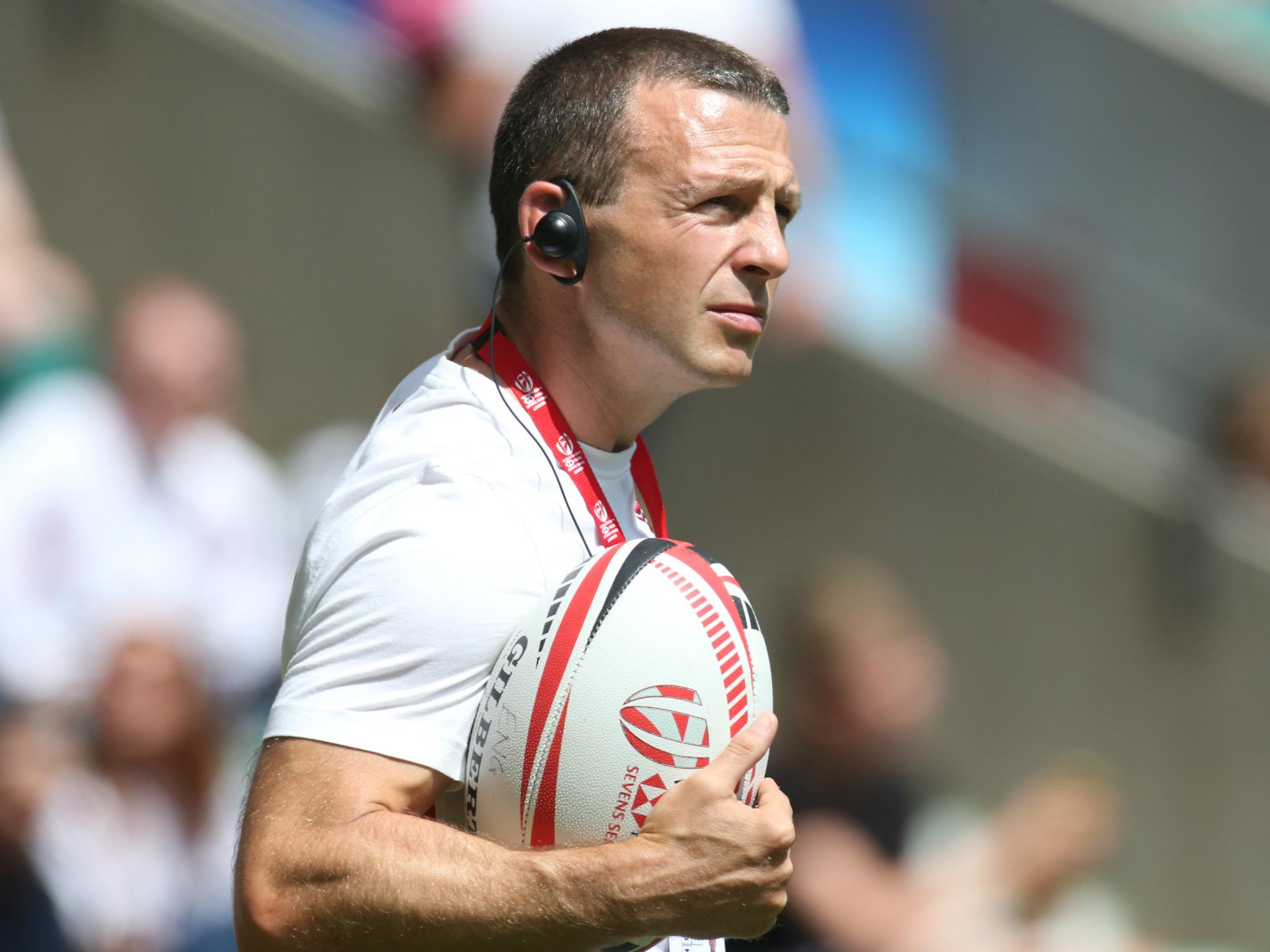
England don’t do second best in rugby union – at least when it comes to setting targets. The 2003 triumph in Australia may have been the nation’s crowning moment, but given that the sport was born on these shores there was also a clear feeling of “about bloody time”. Ever since Martin Johnson joisted the Webb Ellis trophy high into the Sydney night air, the Rugby Football Union has been trying to figure out how they can recreate that dominance – without success.
Andy Robinson and Brian Ashton came and went, the latter almost pulling of most incredible of upsets in the 2007 Rugby World Cup final, while Johnson himself wasn’t able to emulate his previous achievement when he returned as coach. And so, after the home disappointment in 2015 when Stuart Lancaster was unable to get England out of the pool stage, the RFU did all they could address what was a rather embarrassing situation. They went after Eddie Jones, adopted his win-at-all-costs attitude and whether that pays off or not we will not know until November next year.
England are also pretty handy when it comes to the women’s game, having just failed to retain the World Cup last year that they won in 2014 as they reached the final only to be beaten by an incredible New Zealand comeback. The RFU are intent on topping the tree again though, putting measures and development programmes in place to increase the number of girls player the game and transitioning into women’s rugby, while expanding the professional game with the successful introduction of the Women’s Tyrrells Premier 15s.
So what about Sevens? It would seem that at present, success for the Sevens side is fairly low down the priority order. That isn’t entirely surprising given that the talent pool for Sevens is far smaller than the 15-a-side game – and that you need lungs the size of the titanic for the shorter format – but when it comes to engaging fans and promoting the sport to newcomers, Sevens might just be the answer.
“What you do get is the atmosphere in the stadium and so you have memories in different places,” says Ben Ryan, the former England and Fiji Sevens head coach, when speaking to The Independent.
One issue at Twickenham has been creating an atmosphere that spurs on the national side – something that has come under considerable scrutiny since England’s winning run deserted them at the start of this year. Yet noise is what Sevens fans do best, as Ryan can testify.
“London in 2009 when I coached England and we were 19-0 down against New Zealand in the final, they had [Julian] Savea playing who was a handful back then, and we managed to get back to 26-26 to extra-time,” he adds. “That was as good an atmosphere I’ve had in Twickenham. That was pretty electric, even if there was only 40,000 people here it was really noisy.”
The RFU has had to bring in measures to restrict the level of drinking at their annual Sevens leg of the World Series due to residential complaints in recent years, which of course is the downside with such raucous supporters, but while the festival feeling gets all the praise whenever the game is mentioned, is the format itself actually being downtrodden as a result?
“I’ve said this a couple of times,” Ryan says. “It’s not a disrespect to England, but if they don’t win today or they lose every game, it’s not really on anyone’s radar. No one’s going to be sending in letters to the editor saying ‘what’s going on with the Sevens programme, why aren’t we winning?’ whereas in Fiji, New Zealand, South Africa, you’re going to get questions. In Fiji and Samoa, if you don’t win every game or you lose a game they demand success and it’s on their radar.”
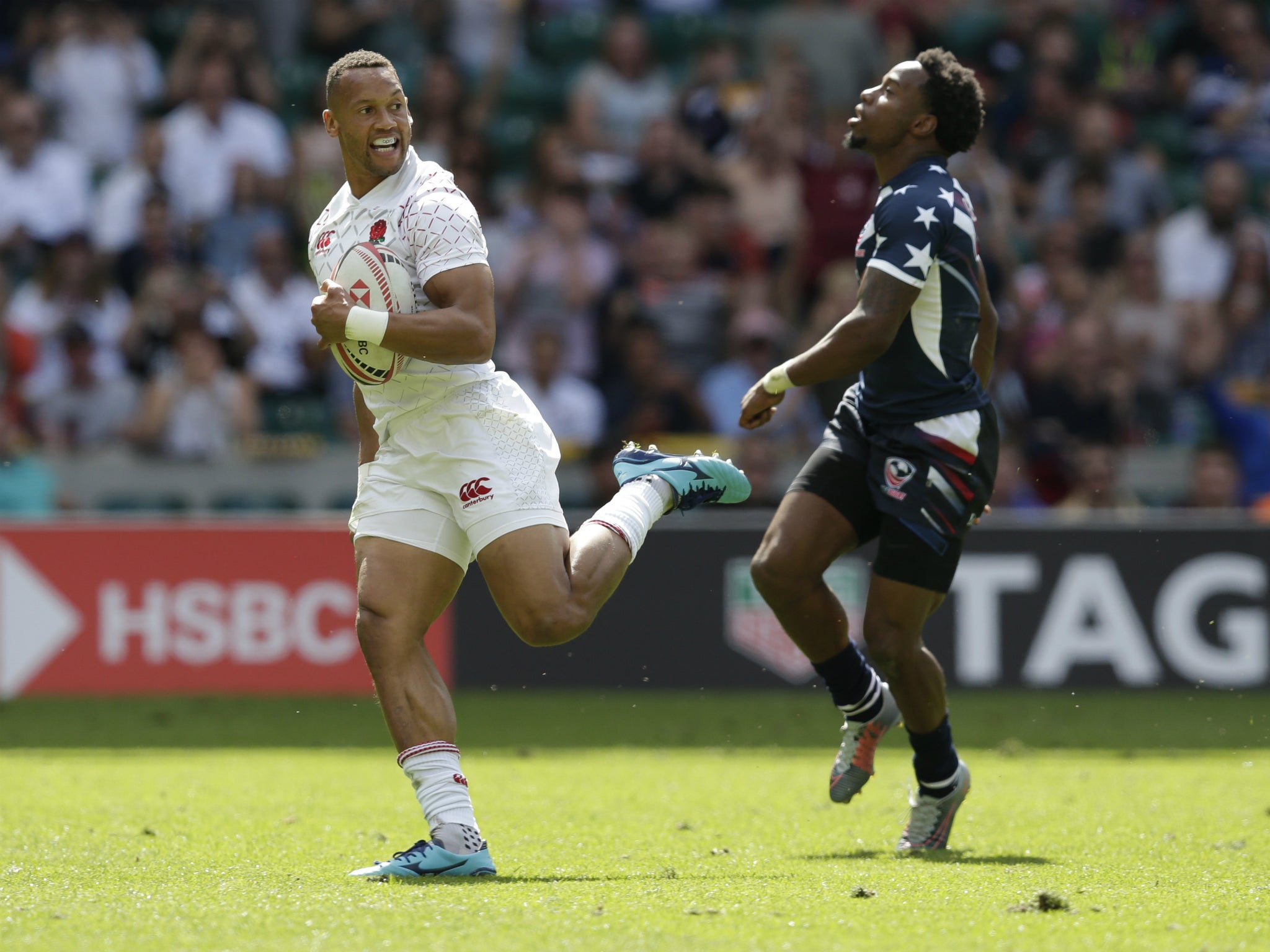
He adds: “If we talk about how Sevens develops players if given to them at the right time – New Zealand are a great example of that, I saw a lot of them playing for the Barbarians – but it’s also really good for coaches, you can really develop your skills, your management skills, leadership skills, organisation and planning because there’s a s***-load of stuff going on and you’ve got to stay on top of that and stay consistent in your behaviour.
“I definitely don’t think that Sevens is this golden tablet, but it’s just part of the diet of developing a player and it’s right for some people. If you look at the All Blacks who are the best side in the world and have been probably on-and-off for the last 20-30 years, they’ve got a good percentage of ex-Sevens players. That backline is almost all ex-Sevens whether it’s Ben Smith, Beauden Barrett, Reiko Ioane, their whole back three. Then England go to South Africa and they’ve got one player, Ben Youngs, who has one cap at Sevens in Hong Kong – that’s it.
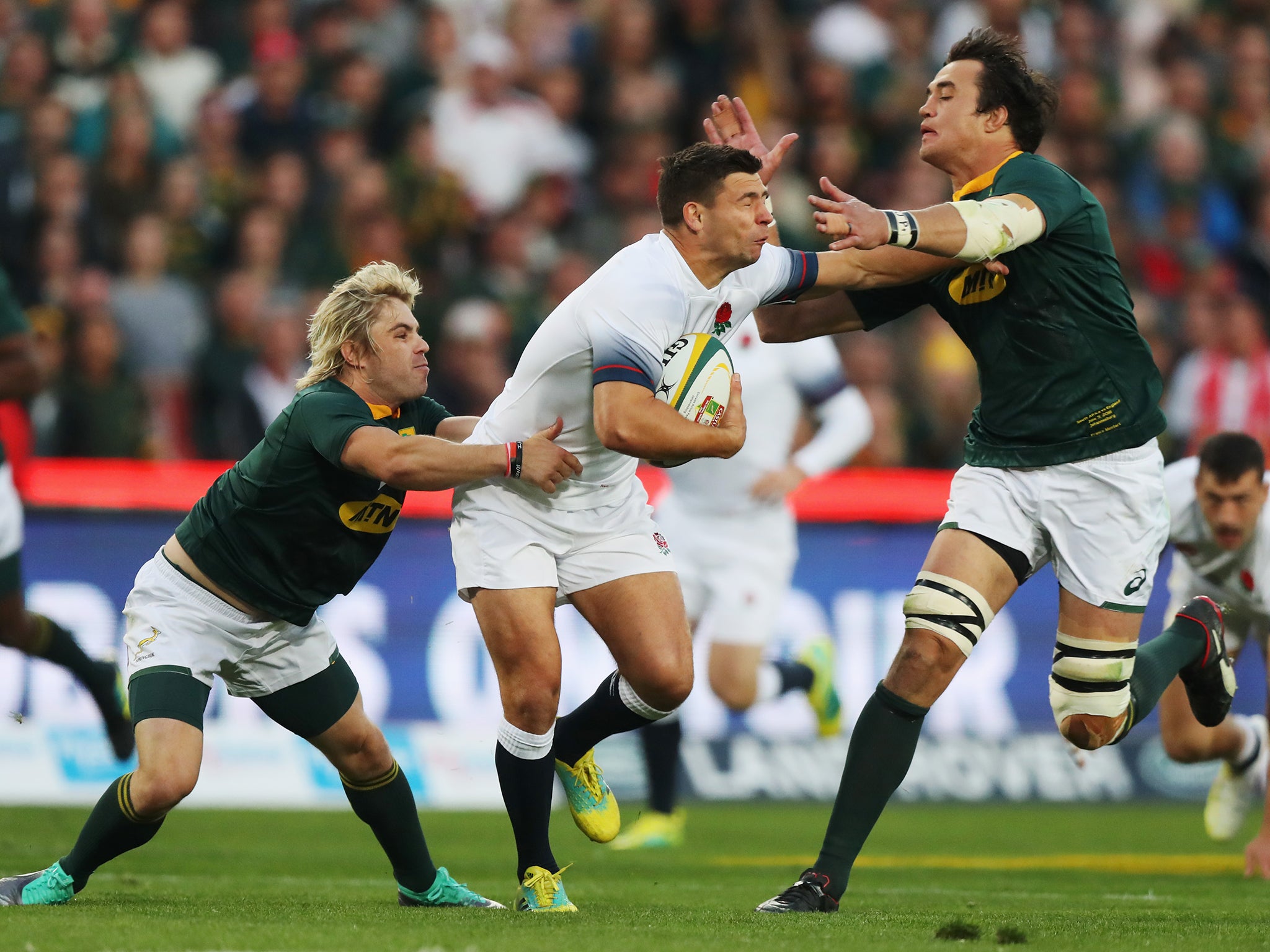
“New Zealand are using Sevens appropriately, getting good experiences and then they move through the system be it Super Rugby or the All Blacks – that’s how it works. With England, because of the EPS [Elite Player Squad] agreement, it doesn’t exist, can’t happen. So the days of Ben Foden, Danny Care, James Haskell, Matt Banahan, Rob Webber, Tom Youngs – that’s gone now because there’s no power to pull those guys in for a couple of tournaments. That should change, whether it will or not, I don’t know who makes those strategic decisions at that level to develop what’s in the best interests of the player, swamped in all the machinations and politics of English rugby.”
Ryan has first-hand experience of these politics and how they have severely impact the England – and potentially British – game. Having spent four years with England, Ryan up-sticks and took over with Fiji, leading them to their glorious Olympic triumph at Rio 2016. What was telling was Ryan’s demeanour on the sideline: a smile to match those of these players, a coach who knew what he wanted to do but flexible enough to let the Fijians do what they felt was natural to them. The product was art on a rugby pitch, and it was delightful to watch.
Against Fiji in the Olympic final was Great Britain, who secured the silver medal to great applause back home and then disbanded back to their individual nations on the Sevens circuit. Nothing changed, there weren’t any adjustments made and suddenly England find themselves cut adrift of Fiji, South Africa and New Zealand, the leading Sevens nations in the world. Furthermore, they have established a core group of Sevens specialists who play the game all year round. Gone are the days of drafting in any fringe 15s players or a rising talent who has a Test career ahead of him. Where Lawrence Dallaglio, Tim Rodber and Matt Dawson helped win the 1993 Rugby World Cup Sevens, there will be no repeat this weekend in San Francisco.
“If they’d [England] done what Fiji have done and thrown in Semi Radravra and Josh Tuisova and then next week bring in Semi Kunatani of Toulouse, Fiji are playing Test match 15s in the Flying Fijians, it’s joined up thinking,” noted Ryan.
“It would be great if England had some guys who you knew they are going to go on and play Test match rugby for England or it’s great for the programme and great for them to get a confidence boost and strut your stuff. It doesn’t take much dreaming to think a Christian Wade or Elliot Daly, a Danny Cipriani, a Dan Robson, all these guys would be absolutely brilliant out there and it’s be a lot of fun and it would attract more people.
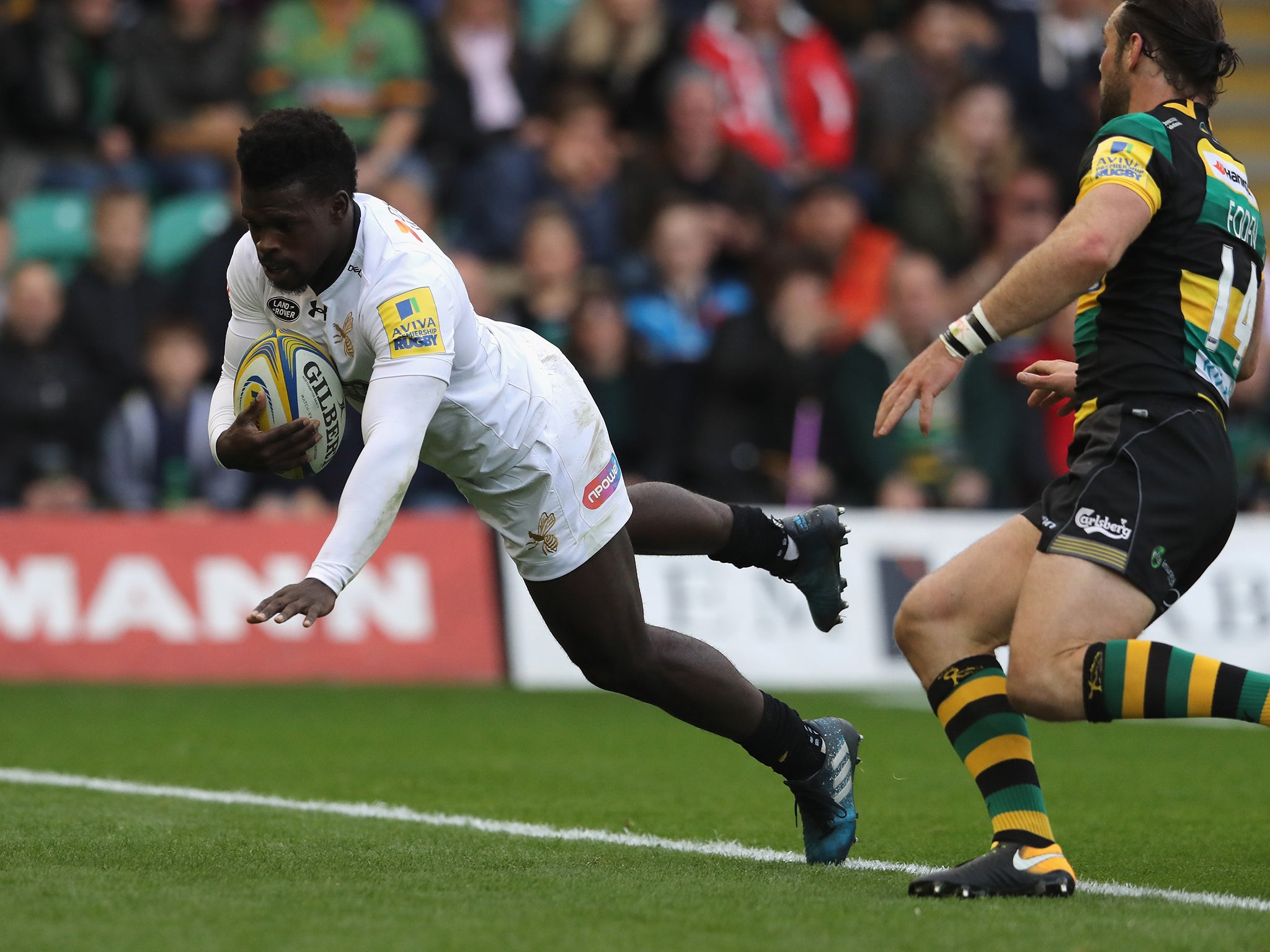
“The England 15s team at the moment have got a number of seriously good players who have been around for a long time now, and there’s no one really coming through – and again I’m not dismissing their qualities – but for the rugby supporter they will have a preconception of ‘well there’s no one I’ve heard of playing Sevens so it’s not that important’. Until England win a World Series title – which I don’t think they’ll ever do until they merge into Great Britain in my opinion – then it’s never going to be the tool that it could be in this country.
“There’s no pathway and then at the top there’s no negotiation to get your Gabriel Ibitoyes and your Marcus Smiths to dip into Sevens just to give them an experience of going to Hong Kong, wearing your national shirt, 50,000 people, expectations, Gabriel playing against a Fijian winger who’s going to go on and play in World Cups or an All Black that does the same, and come away thinking ‘wow that’s real deep-end stuff over the two days’.”
It’s hard not to take Ryan’s opinion on board. He delves into the political murkiness that is international selection, trying to spring players from their clubs for as little as two weeks in order to give them experience on a far bigger stage than what they are getting in the Premiership or the A-League, how clubs will agree that they want to release players but because of Ryan representing the RFU and the never-ending club vs country row, he would nearly always get a ‘no’ in response.
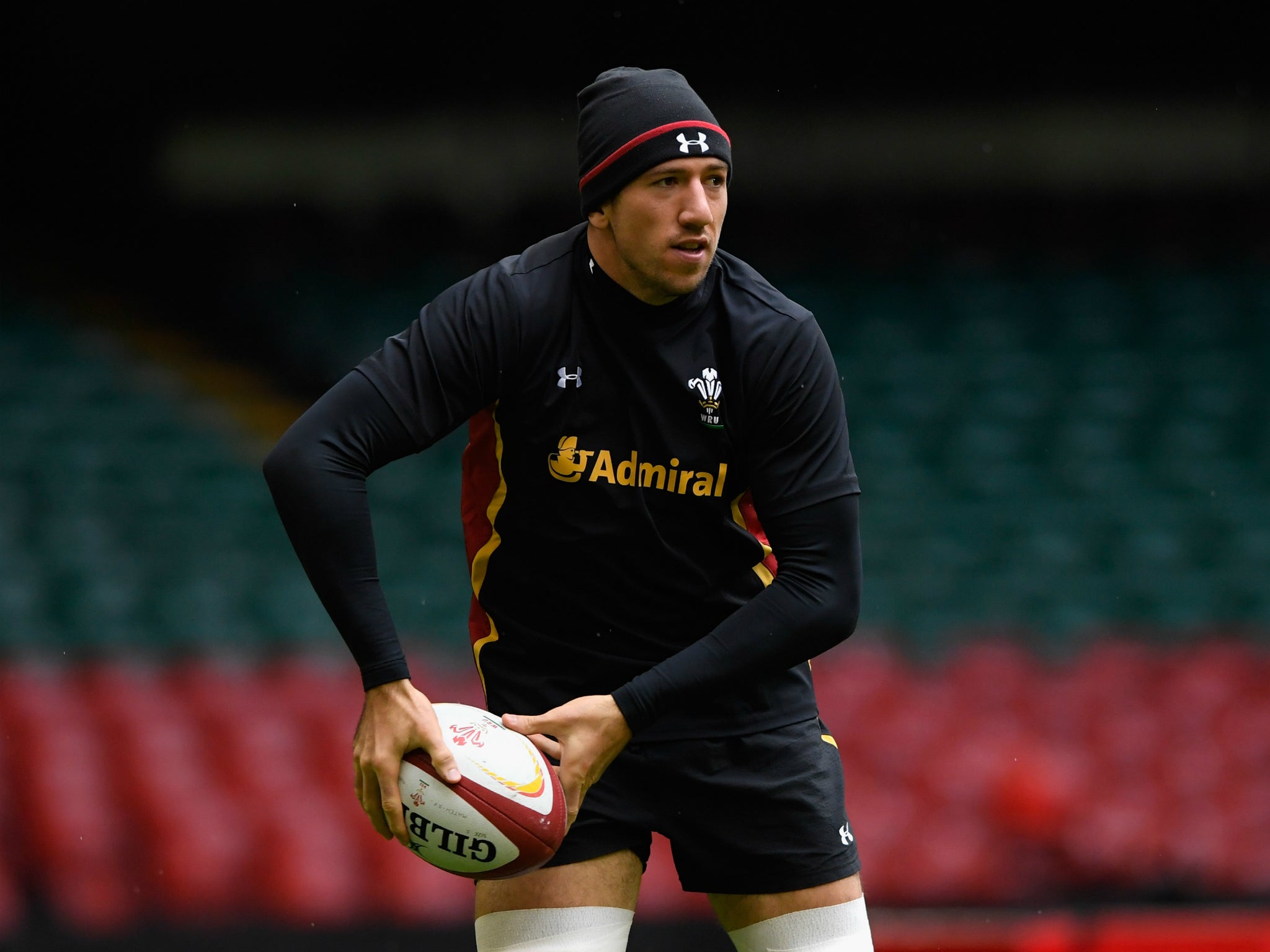
Fiji are not the only side who have brought in big names for the Sevens this weekend. Wales have Justin Tipuric and Hallam Amos in their ranks, while New Zealand’s veteran Sevens stars are sprinkled with youth in the form of Vilimoni Koroi who looks destined for a crack in an All Blacks jersey. So why not united Britain and play year-round together with Wales and Scotland?
Ryan pushes the argument, but admits it’s a no-goer from the off. “The problem is now. If you go to the RFU and say ‘what are you doing now for Great Britain for the Olympics’, they’ll say ‘oh we’re having the conversation’. They won’t tell you anything because they don’t know anything because they’re not doing anything, and that’s the truth.
“Why isn’t this getting sorted? The main reason why it’s not getting sorted is because all the main people who are making decisions on it have all invested decisions. I might be head of England Rugby Sevens, you’re head of Scotland Rugby Sevens and we decide that Great Britain’s the best thing – I might lose my job, you might lose your job – actually no one’s come in to sort that, and the BOA [British Olympic Association] don’t really have the position to tell them how to do it, so because there’s been a lack of leadership around it.
“They got the silver medal which is great for those 12 players but it’s bad for the rest of the game in the UK that’s clouded over what could have been post-Olympics a real opportunity to shake everything up.”

If this feels like a pitch from Ryan for a crack at any Team GB job, it’s not. His name has been batted about regularly of late, having been shortlisted for the Harlequins job that eventually went to Paul Gustard and also being offered a position with Edinburgh that, in his words, didn’t excite him enough. But he is also, for now, done with the globe-trotting commitment that is Sevens, and with a number of different commitments ranging from UK Sport to the French Federation on the go he is quite happy roaming in the rugby freelancing world.
Ryan’s future, clearly, is not the issue. The question is what is the future of Sevens rugby in England? Is it a useful tool to develop the next generation, is it a competition that the RFU want to win at all costs, or is it a by-product that will remain on the radar, albeit outside the larger blips of club, international and women’s rugby? Unless change comes about, it feels like Sevens is starting to slip into a never-ending sea of uncertainty.
Swiss watchmaker TUDOR is the Official Time Keeper of Rugby World Cup Sevens 2018 in partnership with World Rugby. For further information visit www.tudorwatch.com.
Join our commenting forum
Join thought-provoking conversations, follow other Independent readers and see their replies
Comments
Bookmark popover
Removed from bookmarks